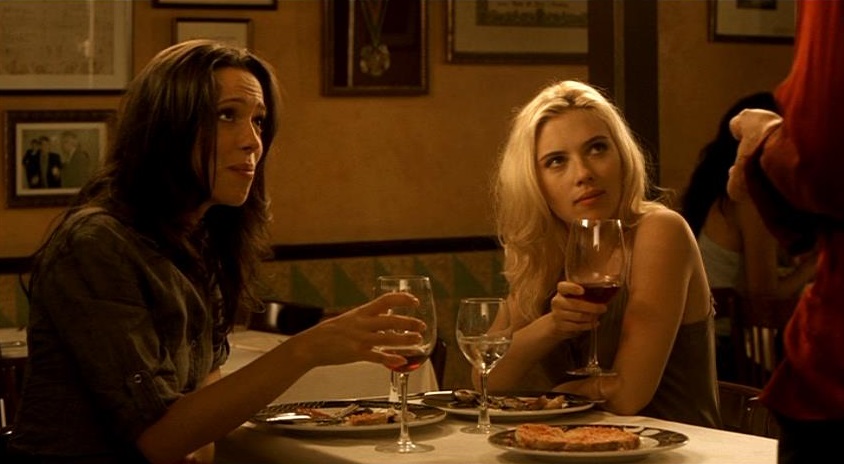| Academy Award Nominations and Winners: |
| ★ | Best Supporting Actress: Penélope Cruz |
|
| Golden Globe Nominations and Winners: |
| ★ | Best Picture (Musical/Comedy) |
| Best Actress (Musical/Comedy): Rebecca Hall |
| Best Actor (Musical/Comedy): Javier Bardem |
| Best Supporting Actress: Penélope Cruz |
|
| Other Awards: |
| Independent Spirit Awards: Best Supporting Actress (Cruz); Best Screenplay |
| New York Film Critics Circle: Best Supporting Actress (Cruz) |
| Los Angeles Film Critics Association: Best Supporting Actress (Cruz; also cited for Elegy) |
| Boston Society of Film Critics: Best Supporting Actress (Cruz) |
| National Board of Review: Best Supporting Actress (Cruz) |
| British Academy Awards (BAFTAs): Best Supporting Actress (Cruz) |

